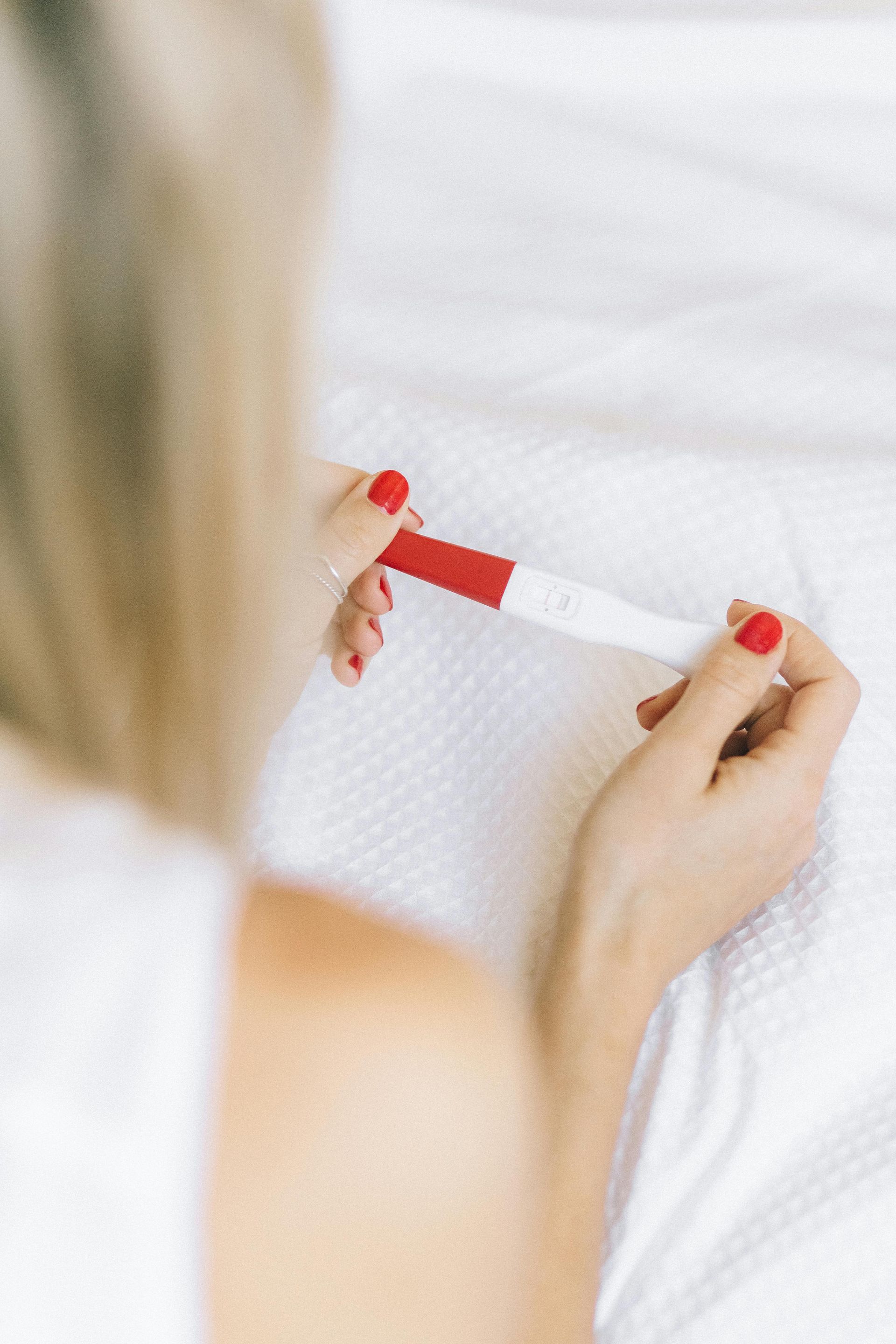FAQ: The Morning After Pill
What to Know About the Morning After-Pill
ACPC Women's Clinic does not perform, recommend, or refer for abortions or abortifacients, but are committed to offering accurate information about abortion procedures and risks. We do not offer or refer for emergency contraceptives.

If you’ve recently found out you're pregnant while taking Ozempic, you’re not alone. Some women have reported unexpected pregnancies while using the medication—leading to the nickname Ozempic babies . First, take a deep breath. Then, talk to your doctor and consider scheduling a visit with us . At our center, we provide educational support to women facing unexpected pregnancies, including those involving medications like Ozempic. We’re here to offer clarity and support throughout your pregnancy and into motherhood. Important: If you are currently pregnant or planning a pregnancy, always consult your doctor before starting or continuing any medication. What Is Ozempic? Ozempic is the brand name for semaglutide, a prescription drug that helps regulate blood sugar and support weight loss. It was approved by the FDA in 2017 for managing type 2 diabetes, and has since gained popularity due to its weight-loss effects. Despite its benefits, Ozempic comes with risks. The FDA warns against using it during pregnancy and states that it may cause thyroid C-cell tumors in animal studies. It’s also not considered a first-line treatment for blood sugar issues. If you’re pregnant, doctors typically recommend discontinuing the medication right away. How Does Ozempic Affect Fertility and Pregnancy? Many women on Ozempic have experienced unexpected pregnancies, giving rise to the idea of Ozempic babies . While it’s not clear whether the medication itself directly increases fertility, it does help regulate menstrual cycles by addressing underlying health issues like obesity . It may also impact the effectiveness of birth control due to its effect on digestion. In short, some women may become more fertile while on Ozempic, even if they weren’t trying to conceive. What If I Was Taking Ozempic When I Found Out I Was Pregnant? The good news is that recent observational data (2024) suggests that stopping Ozempic promptly after discovering a pregnancy does not significantly increase the risk of major birth defects. This is reassuring, especially for women who had no idea they were pregnant while taking the medication . Still, it's best to speak with a healthcare provider right away if this applies to you. Can I Manage My Blood Sugar Without Ozempic During Pregnancy? Yes, there are several other safe options for managing blood sugar during pregnancy. Insulin is commonly prescribed and does not cross the placenta . Metformin is another widely used medication that many doctors consider during pregnancy. Weight loss during pregnancy is not usually recommended . In fact, significant weight loss while pregnant can lead to health risks for your baby, including low birth weight. Your healthcare team can help you find a balance between managing your health and protecting your baby. What Are the Risks of Taking Ozempic During Pregnancy? Medical experts and regulatory agencies agree: Ozempic should not be used during pregnancy . The FDA classifies Ozempic as a Category C drug, meaning animal studies have shown potential harm to unborn babies. While human data is limited, the precautionary recommendation is to avoid it. If you have questions about any medications during pregnancy, your doctor is your best resource. Our center also provides educational support and resources to help guide you through your journey. If you’d like to speak with someone or get more information, contact us to schedule a free appointment.





